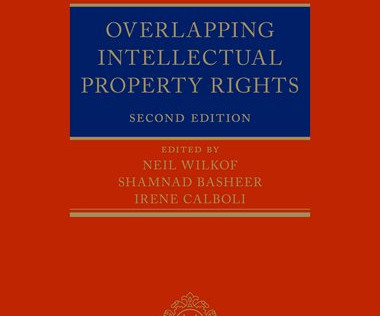IPSC Breakout Session 3, Language and Authorship/ownership
43(B)log
AUGUST 11, 2022
A business code communicating within a community designed to be closed. If public function, no, but if private, yes. A: author of Esperanto consigned it to the public domain. Authors have options: they can surrender to the public; they can assert complete control; or something in between. Merger is off the table.












Let's personalize your content